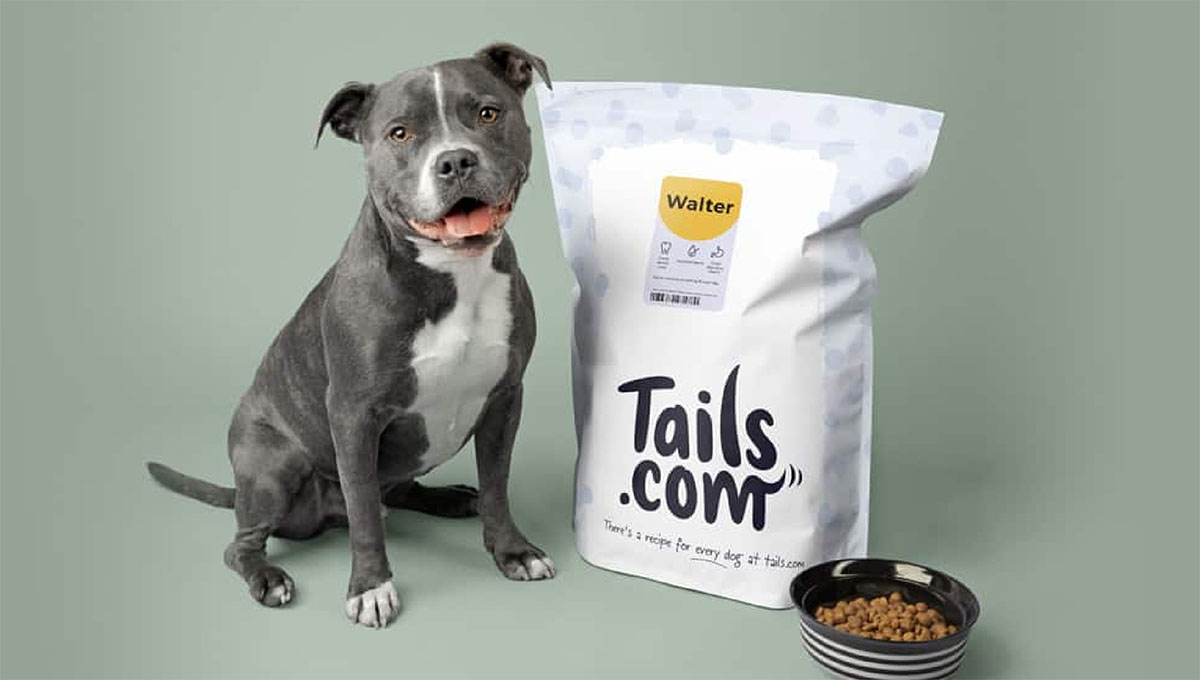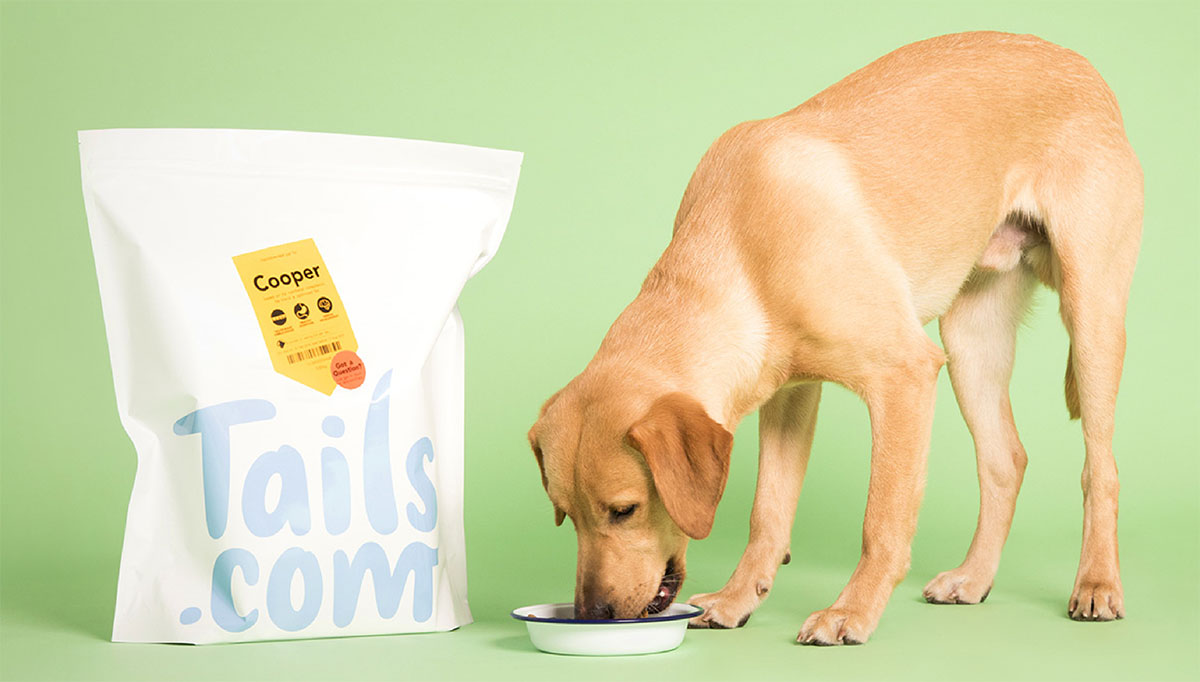The canine Connection
How to Bond with Your Rescue Dog. Unveiling the Heartwarming Journey,
Proven Strategies for Strengthening the Bond with Your Rescue Dog

Up and down the country, there are thousands of dogs in rescue centres of all shapes and sizes, just looking for a second chance. If you’ve adopted before or are in the process of adopting, you might have heard about the importance of the canine connection and how that changes over time. The more time you spend with them and get to know them, the more that’ll develop along with their personality. So how do you do it?
How do I decide between a rescue or a puppy?
While it’s easy to be tempted by the idea of bringing a puppy into your life, there’s no doubt they’re hard work. All the toilet and sleep training, socialisation and habituation, teaching life skills. Then just when you think you’re getting there, adolescence comes along… The reality is not many people know what they’re taking on when they bring home their tiny ball of fluff.
And even if they do, there are times when it just gets a bit overwhelming! What that baby dog will turn into is, mostly, entirely due to how much appropriate work you put in in the first year or so. In other words, you don’t have any guarantees what kind of canine character you are raising.
The alternative is you take on a rescue dog. The advantage of rescuing a dog instead, is they’re already-formed canine characters. It’s far more a case of ‘what you see is what you get.’
You can see what size they are, how hairy and how noisy. You can find out (if they come with a history) if they’re toilet trained, have lived with other dogs, children or cats, if they’ve been left home alone… With a bit of research and talking to the rescue centre staff, you can get a good idea if your proposed canine match will fit into your life.

The canine connection starts in the rescue centre
Taking a rescue dog into your home is a lot like living with a new partner. To start with you’re on your best behaviour and try to be the person they want to spend their life with. And the person you convinced them you were when you were dating. But as the months progress, keeping up that perfect front is exhausting. Slowly but surely, you become the person you are. Maybe you don’t make the bed every morning or empty the dishwasher. Or you leave your clothes all over the floor. Or don’t shower every day. Whatever quirks and foibles you have will eventually come out as you become more relaxed and stop keeping up a pretence.
Rescue dogs are the same. Their lives have been turned upside down. They’ve left a home they knew and everything familiar to be plunged into the potentially stressful environment of a rescue kennel. Everything is strange and confusing, and can cause even the most secure dog to behave very differently from how they did at home.
When you visit them there, you’ll get hints of their personality and will get some ideas of the canine character they are. But it could be an enhanced version or a subdued version. They could feel inhibited and retreat, or else be overly clingy. Many traits will be enhanced or repressed. Or they might be exactly themselves, but this is less common.
Bringing your rescue dog home
When you take them home, while you know you have rescued them and they’re now safe, they don’t. All they know is it’s another change and more strange people. Often people expect the dog to feel grateful and happy they’ve found their forever home. But try to think about it from your new arrival’s point of view.
Rescue dogs take time to settle in. More time than most people expect.
They need to get confident in their environment, and you need to build that canine connection with them. More than anything, they need to feel safe.
Members need to log in to receive 80% off their entire basket value (including wet food and treats) with our partner Tails. Article by Carolyn Menteith 2024.












